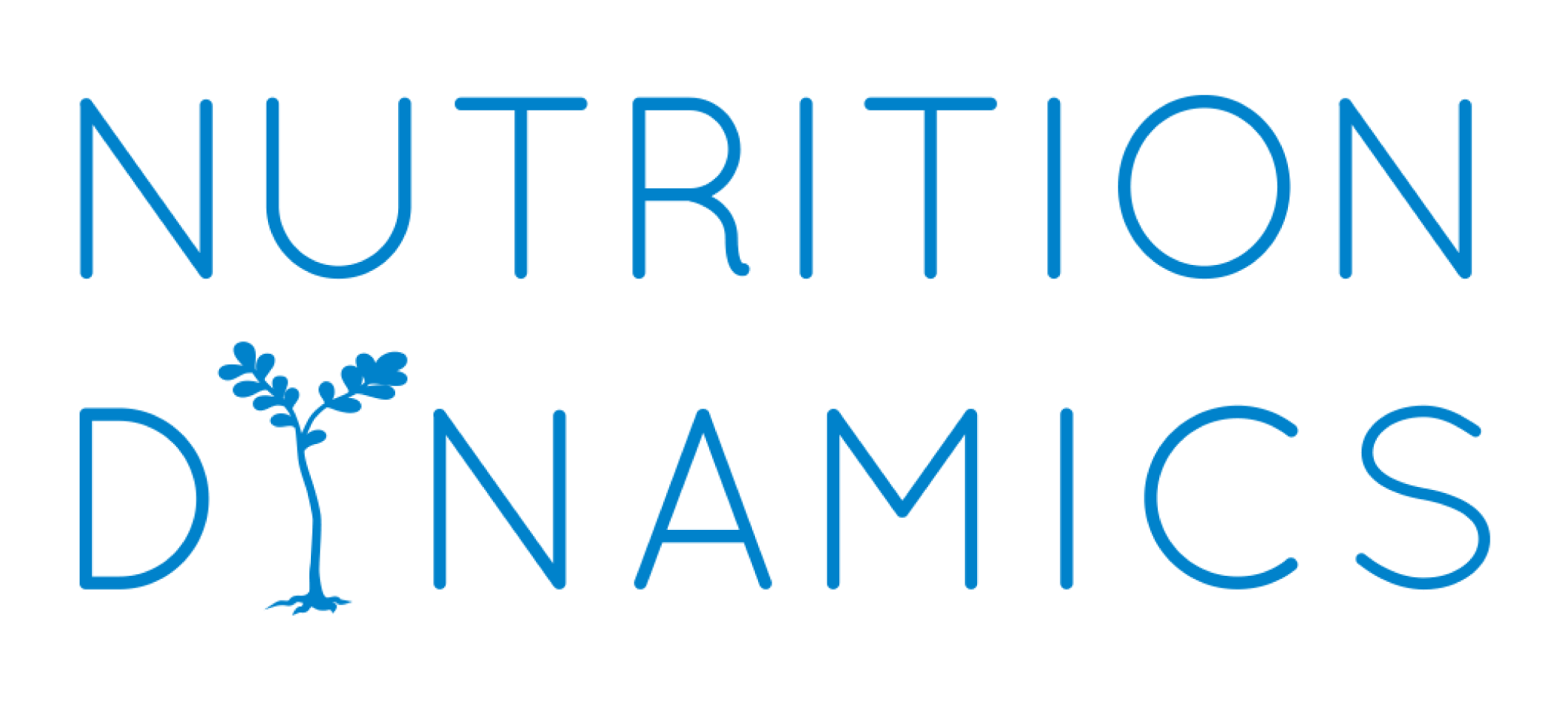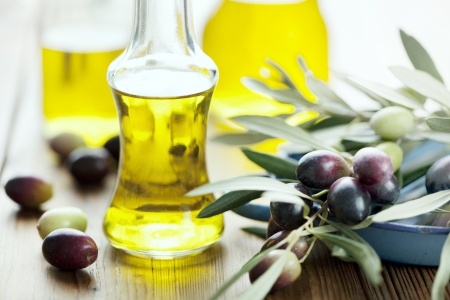OLIVE OIL THE KEY INGREDIENT TO THE MEDITERRANEAN DIET
A question often asked in clinic is – what is the best diet to follow ? There are so many ideas about what constitute a healthy diet, but sadly some trends are not nutritionally balanced or just plainly unsustainable.
Research has shown that the best way to eat is to follow the principles of the Mediterranean diet and evidence exists to demonstrate its benefits for heart health and longevity plus protection against metabolic complication, depression, cancer, type 2 diabetes, obesity, dementia, Alzheimer’s and Parkinson’s.
The Mediterranean diet is loaded with anti-inflammatory foods and is based upon plant-based foods, which is now becoming a very acceptable way of eating for many people. The emphasis is on fresh vegetables, nuts and healthy fats, while reducing or even eliminating processed foods.
So what else is included ?
- Fresh fruits and vegetables, especially leafy green and non-starchy vegetables such a tomatoes,, cauliflower, artichokes.
- Olive Oil
- Nuts and seeds
- Legumes and beans, especially lentils, chickpeas (used to make hummus)
- Herbs and spices
- Whole grains
- Wild caught fish particularly oily fish, eaten at least twice a week
- High quality free-range or organic poultry, eggs, or yogurt
- Plenty of fresh water and some tea and coffee
- A daily glass of red wine
The importance of Olive Oil
Olive oil has been part of the Mediterranean diet for hundreds of years and included in the diet in copious amounts and used as the main source of fat. Did they realise all those years ago just how healthy it is ? Studies have shown that in countries like Crete, people enjoy a long and healthy life, and is included in the Blue Zones where longevity has been the focus of attention with studies on diet and lifestyle.
Olive oil is pressed from fresh olives, and just like wine-making, several factors affect the character and flavour of the oil, including climate, soil and the way the olives are harvested and pressed. But this warrants a separate article to explore these considerations.
Most of the fat in olive oil is oleic acid, a mon-unsaturated fat known for lowering risk of heart disease. According to research published in the European Journal of cancer prevention, olives contain anti-oxidants in abundance. This includes phenols (hydroxytrosol, tyrosol) polyphenols (oleuropein glucoside) and other compounds, which incidentally contribute to the taste of olive oil and to its quality. Extra virgin olive oil also contains other types of polyphenols such as lignans, flavanols and anthocynanins.
Studies can be found to support the benefits of these anti-oxidants in the prevention of many chronic degenerative conditions, which may explain the association between regular consumption and longevity. As well protecting us from developing circulatory disorders such as heart problems and strokes, they may also help to prevent the growth of cancers. These antioxidants have been shown to support healthy bone formation and reduce inflammation in the body. A recent study suggests that by lowering inflammation and oxidative stress, the brain can be protected from developing disorders such as dementia, and Alzheimers.
You can learn more about this if you sign up for The Brain Health Programme.
Clinic Pearls :
- Taking antioxidant supplements does not have the same effect as consuming natural antioxidants in food
- There are many powerful antioxidants in extra virgin oil and their activity has been shown to include many health benefits.
- Consuming 2-3 tablespoons of good quality olive oil a day is recommended
Share this Post

